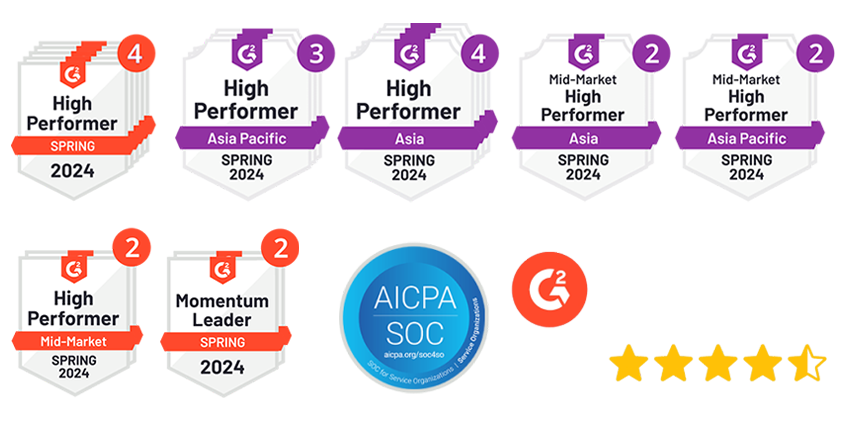Macy’s recently reported an accounting scandal that shook its stakeholders and led to a 2.2% drop in share prices. This came after an employee intentionally hid $154 million in delivery expenses over nearly three years. The discovery of the fraud delayed Macy’s Q3 2024 earnings release, bringing to light significant gaps in their financial oversight.
While the fraud has caused immediate financial and reputational damage, it also serves as a wake-up call for companies to reevaluate their accounting practices. For finance professionals, this incident underscores the need for robust internal controls, continuous monitoring, and advanced technologies to prevent similar occurrences.
The Risks of Traditional Accounting Practices
Incidents like Macy’s highlight the vulnerabilities in traditional accounting systems, which rely heavily on manual processes and periodic reviews. These methods often create opportunities for fraudulent activities to go undetected for extended periods.
Fraud impacts financial stability and erodes stakeholder trust, which can have long-lasting consequences. For Macy’s, the revelation of hidden expenses and delayed reporting directly undermined investor confidence and raised questions about the effectiveness of their internal financial controls.
How Can Companies Prevent Such Fraud?
Finance teams can significantly reduce the risk of fraud by adopting modern solutions that automate, monitor, and enhance financial processes. Here are some key strategies:
- Automated Expense Management
Automation eliminates the need for manual intervention in recording and tracking expenses. By reducing human involvement, companies can minimize errors and fraudulent entries, ensuring greater accuracy in financial records. - Built-in Audit Trails
Advanced accounting solutions provide an in-built audit trail for every transaction, fostering accountability. With clear records of who made changes and when it becomes easier to trace and address discrepancies. - AI-Powered Anomaly Detection
Artificial Intelligence (AI) can analyze financial data in real-time, flagging irregularities as they occur. This proactive approach enables finance teams to address potential fraud before it escalates. - Continuous Accounting
Unlike traditional periodic reconciliation, continuous accounting offers real-time insights into financial data. This method ensures that discrepancies are identified and corrected promptly, reducing the chances of mismanagement or fraud.
According to recent studies, leveraging automation and AI for financial processes can reduce fraud-related losses by up to 30%. These technologies not only enhance accuracy but also empower finance teams to work more efficiently and focus on strategic initiatives.
With automated reconciliation, real-time tracking, and AI-driven anomaly detection, companies can create a resilient financial ecosystem that detects and prevents fraud. By addressing discrepancies early, finance leaders can protect their organizations from financial losses and reputational harm.
Key Takeaway for Finance Leaders
Traditional accounting practices are insufficient to manage the complexities of financial operations. By embracing automation and AI, finance leaders can ensure transparency, accountability, and resilience, preventing costly mistakes like the one that befell Macy’s. The time to act is now—before vulnerabilities become crises.
The Macy’s incident serves as a stark reminder for finance leaders to ask: Are your accounting practices resilient enough to prevent such fraud?
Investing in modern finance solutions is no longer optional. It’s essential for safeguarding your organization against fraud, maintaining stakeholder trust, and staying ahead in an increasingly competitive and risk-laden financial landscape.












































